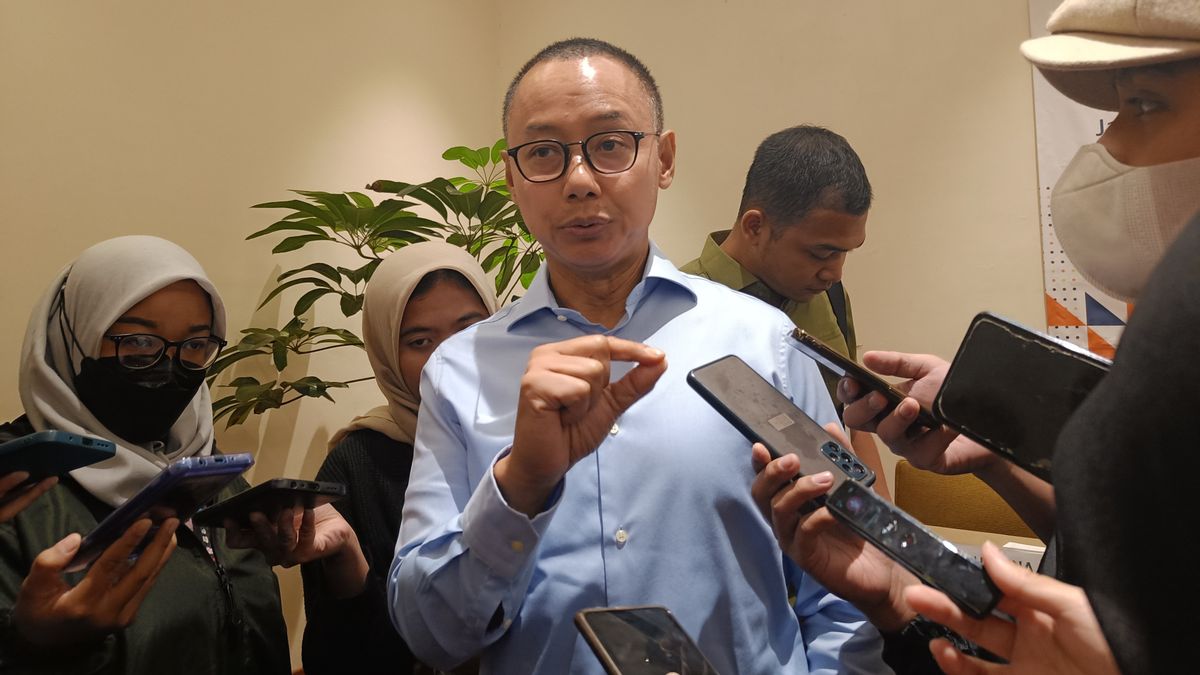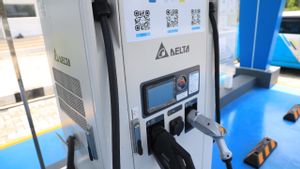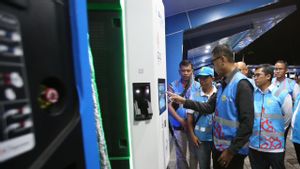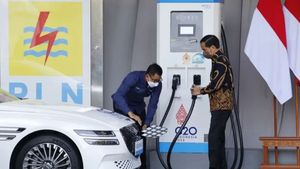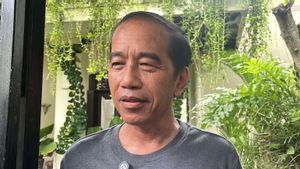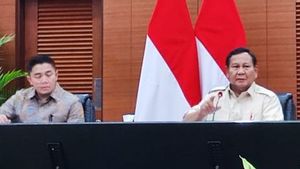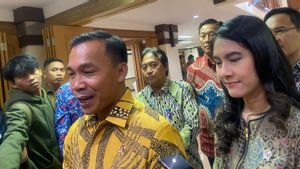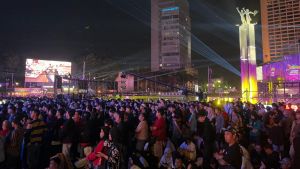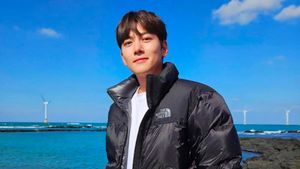JAKARTA - Issues regarding the development and incentives for providing electric vehicles in Indonesia are still being discussed by the government and all relevant stakeholders.
Deputy Chairman of Commission VII DPR Eddy Soeparno said, five ecosystems need to be considered in the development of electric vehicles or electric vehicles (EV).
"We see that the EV ecosystem is a requirement to create an EV ecosystem so that this EV can develop, accelerate", said Eddy at the launch of the Institute for Energy Economics and Financial Analysis (IEEFA) report: "Examining the Dynamics of the Automotive Industry and Electric Vehicle Policy" at the AONE Hotel Jakarta, Monday, February 6.
According to Eddy, the first ecosystem is charging infrastructure such as public electric vehicle charging stations (SPKLU).
In 2020, the number of SPKLUs in Indonesia was 182 units, and two years later it increased to 570 units spread across 240 locations throughout Indonesia.
Meanwhile, the SPKLU target in 2025 is 6,318 units.
In addition, the government also has a target of two million EV units by 2025.
"Our target for 2025 is 6,318 units and in 2022 we will reach 570 units. We have a target for two million electric vehicles in 2025, you can imagine how many (SKPLU) are needed", said Eddy.
Second, regarding the supply and demand of EVs. Eddy said that supporting supply and demand is the second-hand market for EVs.
"What supports the supply and demand, (namely) the second-hand market? Today, there is no secondary market yet. Meanwhile, in Indonesia, the vehicles on the second-hand market are also growing rapidly", said Eddy.
"At the time of COVID-19 yesterday, when all automotive manufacturers stopped production, they saw a decline, but we did not see a decline in sales in the second-hand market. So, this is very important", he continued.
The third is public awareness and acceptance. "Of course people's awareness and acceptance. Today, if we see people talking about EVs, one is expensive, and the two are filled with electricity. That's what they think", said Eddy.
Then, the fourth ecosystem is the supply chain for EV batteries and components.
"The supply chain for batteries and EV components is very important. So, this is one of the explanations why it is very difficult for the Japanese automaker giant simply to enter the sector because they don't have access to batteries", explained Eddy.
SEE ALSO:
According to Eddy, only China has such access, namely by building a nickel smelter in Indonesia.
"What does that mean? Don't have access to nickel, who owns it? China owns it. Chinese battery manufacturers have an upstream point, now we see in Central Sulawesi, in Morowali, in Southeast Sulawesi, right, all the producers are nickel producers. who build smelters from China", he said.
The fifth ecosystem, namely regarding incentives and supporting policies from the government.
"Maybe now in the minds of (the public), it has to be cheap, please, starting from the taxes, starting from payments, import duties and so on", he added.
The English, Chinese, Japanese, Arabic, and French versions are automatically generated by the AI. So there may still be inaccuracies in translating, please always see Indonesian as our main language. (system supported by DigitalSiber.id)
